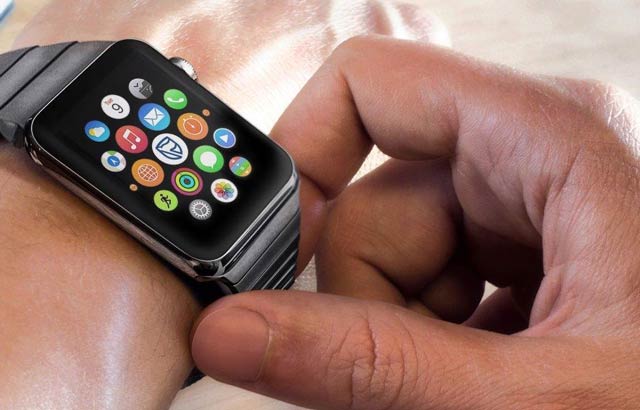
More than 70% of South African employees would use a wearable device in the workplace, allowing their employers to collect data on them.
That surprising finding is contained in new research by PwC, which shows that fully 87% of employees would consider wearing a device such as a smartwatch, supplied by their employer, if the data was used to improve their conditions in the workplace.
PwC surveyed more than 2 000 working South African adults. The survey found that 72% of employees would be happy to use a piece of wearable technology provided by their employer and allow the employer to collect data from it.
The most enticing benefits of wearing devices and sharing information are: flexible working hours (76%), fitness incentives (72%), lower health insurance premiums (70%), and free health screening/annual health check (59%).
The “Wearables in the Workplace” report shows that although many employees are “still not comfortable about sharing any of their personal data with their employers … most people can be persuaded if they can see personal or workplace benefits”, says PwC leader of people & organisation Barry Vorster in a statement.
“Giving employees wearable devices could be a novel and powerful way for employers to gain a better understanding of their workforce and tailor working patterns and office life to their individual needs, ultimately leading to more engaged and happy employees.”
PwC explains that the purpose of the study was to explore how employees feel about wearables and whether it might be viable for employers to consider providing wearable devices to employees in order to collect health- and work-related information.
South African employees are more willing to share personal information with their employers than their counterparts in the UK, according to the survey results.
Employees are most likely to share information with their employers on marital status (78%), number of children (74%), frequency of physical exercise (64%), average blood pressure (63%) and average heart rate (63%).
In exchange for the right benefits, respondents stated they would be happy for their employer to collect and analyse data on certain aspects of their health and lifestyle. This includes travel time to and from the office (74%), blood pressure (69%), heart rate (68%), movement (62%), and time of arrival and departure from work (61%).
According to the report, trust is the main barrier to employees being willing to share their personal data with their employer. Twenty percent said they don’t trust their employer to use their data for their benefit, and a similar percentage said they don’t trust their employer to not use this data against them, PwC says.
A high 95% of working adults surveyed said they own or use a smartphone followed by a tablet computer (55%), fitness tracker (20%), e-book reader (16%), and smartwatch (3%).
More than half of respondents (61%) think they have legal ownership of the data produced by their smartphone and other devices, while 17% say the service providers they use online do, including Google and Facebook. Nine percent say they don’t know who has legal ownership of the data. – © 2016 NewsCentral Media

